Car accident injuries can range from minor, such as whiplash, to serious, such as brain and spinal cord injuries. Even minor injuries can be costly to treat, which is why you might need to consider filing a personal injury claim.
What to do if you’re injured in a car accident
If you’ve been injured in an accident, follow these steps to ensure that you get the right care and appropriate compensation:
1. Seek medical treatment. Even if you think your injuries aren’t that serious, see a doctor right away. Likewise, if symptoms such as pain or dizziness appear a few days after the accident, make sure you get them checked out.
2. Take photos of your injuries and keep notes on your treatment process and symptoms. Keep track of your appointments with doctors, physical therapists, chiropractors, and other doctors, and save copies of the bills.
3. Gather all pertinent accident information. Make sure you have the names of witnesses and pictures of any damage to your vehicle. You’ll also want a record of any work you missed due to the accident.
4. Consult a car accident attorney. An attorney can help you decide the monetary value of your case.
Brain and head injuries
Some of the most serious common car accident injuries involve trauma to the brain and head. These injuries, usually referred to as traumatic brain injuries (TBIs), happen when the head is hit by or hits an object.
Common brain and head injuries include:
- Bruising, swelling, or bleeding of the brain.
- Concussions.
- Skull fractures.
The treatments for brain and head injuries vary widely according to the severity of the injury. For example, rest and pain medications are the most commonly prescribed treatments for mild concussions.
More serious injuries might require:
- Medications to prevent blood clots and seizures.
- Surgery to stop brain bleeding.
- Surgery to alleviate pressure in the skull if your brain swells.
Back and neck injuries
Back and neck injuries can also vary considerably in terms of severity. The sudden, jarring movements of a collision typically cause these injuries, but they can also occur if your back or neck is struck by or strikes an object violently.
Common injuries include:
- Whiplash.
- Cervical fracture.
- Neck or back strain.
- Herniated discs.
- Fractured vertebrae.
Back and neck injuries can cause lasting disability and lingering pain. Because they can be so disabling, these injuries frequently interfere with the ability to work and do other tasks.
Treatments might include:
- Pain medication
- Neck brace or collar
- Muscle relaxers
- Cortisone shots
- Surgery
Spinal cord injuries
Spinal cord injuries (SCIs) are among the most serious car accident injuries. Damage to the spinal cord can cause significant loss of function, loss of sensation, and paralysis.
These injuries happen when displaced pieces of bone, disc fragments, or ligaments bruise or rip into the spinal cord. When that occurs, it destroys nerve cells that transmit signals to and from the brain and body. Spinal cord injuries are probably the most expensive auto accident injuries to treat because they often require surgery, assistive devices, and ongoing rehabilitation.
Facial injuries
Injuries to the face can occur in car accidents due to the steering wheel, airbag, windshield, side window, dashboard, or broken glass. Minor facial injuries might include bruises and scrapes, while more serious injuries might include fractures, deep cuts, dental injuries, and jaw problems like temporomandibular disorders. Treatment for facial injuries depends on their seriousness. Some injuries, such as scrapes, might require only basic first aid, while others might require sutures or even surgery. Disorders of the teeth and jaw may require mouth guards, dental work, or dental reconstruction.
Psychological injuries
Even if no one is seriously injured, car accidents are often traumatic for the people involved. Not surprisingly, psychological problems are among the more common car accident injuries suffered by victims. Psychological injuries might include short or long-term emotional distress, anxiety, and depression following the accident. For those involved in serious accidents, symptoms of post-traumatic stress disorder (PTSD) may also surface.
Now that you know more about these common injuries and what their treatment entails. Please feel free and share this article with your friends and family on social media.

Subscribe To Our Newsletter
Join our mailing list to receive the latest news and updates from our team.
You have Successfully Subscribed!